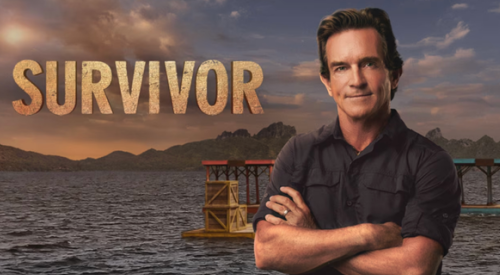The wait is finally over! After a long hiatus due to the pandemic, CBS has officially given the green light for Survivor 44. Filming began in Fiji this past summer with host Jeff Probst and cast members adhering to strict Covid-19 safety protocols.
Fans of “Survivor” are already buzzing about what’s in store for Season 44 – will there be any new twists or challenges?
Will they bring back an old favorite like Redemption Island? We can only speculate until more details emerge from CBS, but one thing is certain: it’ll be a wild ride!
Since the beginning of “Survivor 41,” there has been a shift in how seasons are titled. Gone are the specific themes like “Heroes vs. Villains” and “Fans vs. Favorites,” replaced instead by season numbers such as Survivor 45 or Season 46.
This new era of Survivor is likely to continue unless producers decide to switch things up for an All-Stars edition in the future.
While this change may seem minor on its surface, it actually speaks volumes about how far Survivor has come since its debut back in 2000 — from a show that was initially met with skepticism from many viewers and critics alike to one that now commands an entire genre of reality television shows (notably including shows like The Amazing Race).
What began as something more akin to a novelty game show has evolved into an international phenomenon, with millions tuning into each episode every week — regardless if they know what theme will be used for any given season or not!
As one of the longest-running reality TV shows, Survivor has definitely seen its fair share of changes over the years. The most recent change is that Season 44 will take place over 26 days, a significant reduction from Seasons 41-43 which were 39 days long.
This new format is here to stay, and while it may be a bit shorter than what fans are used to, viewers can still expect 13 episodes, just like before.
The reason for this reduction in time frame could be attributed to several factors, such as increased competition among other reality shows or simply because producers want more action packed into each episode with fewer pauses between challenges and tribal councils.
It also helps keep castaways on their toes as they have less time to strategize and make alliances leading up to eliminations—which ultimately makes for better television viewing!




